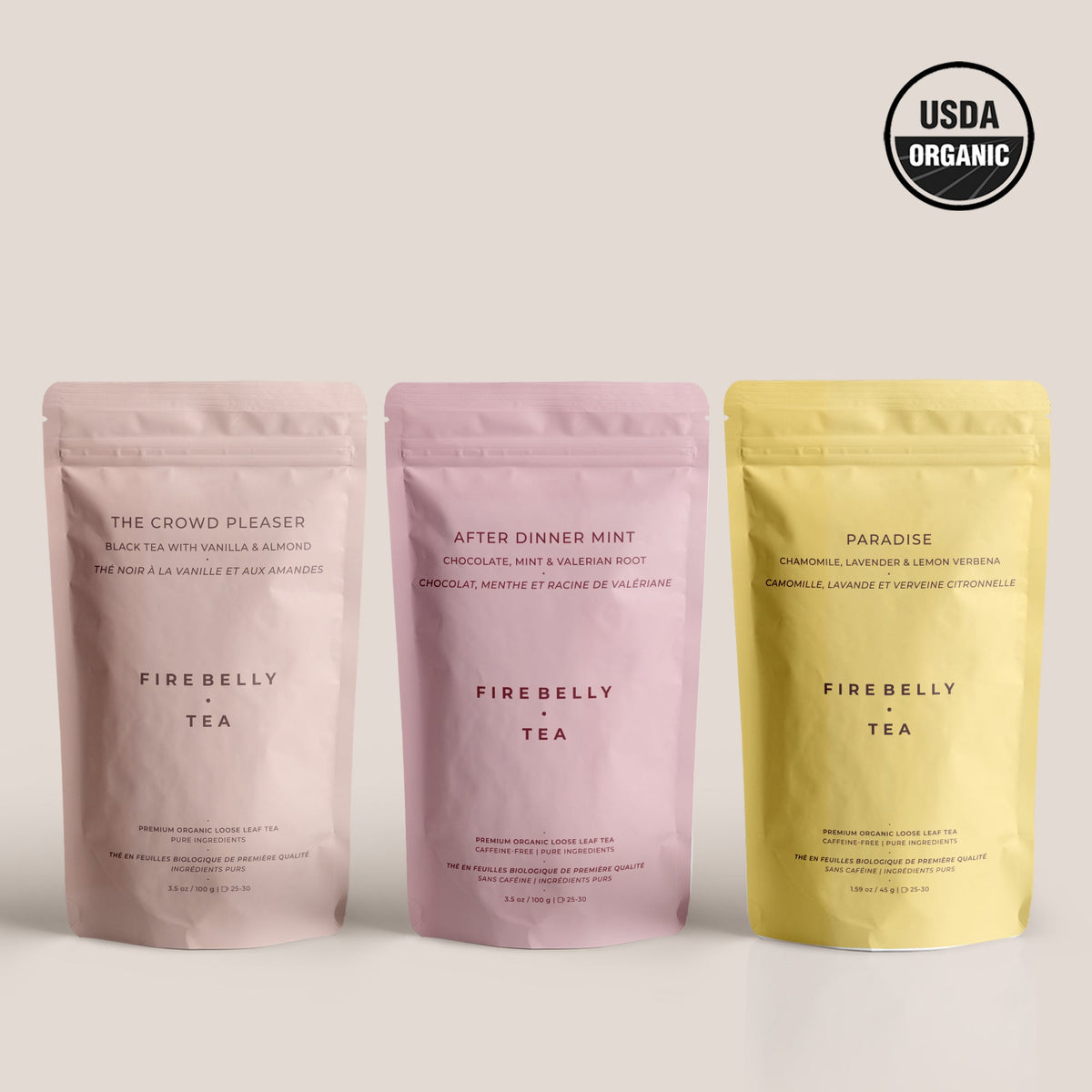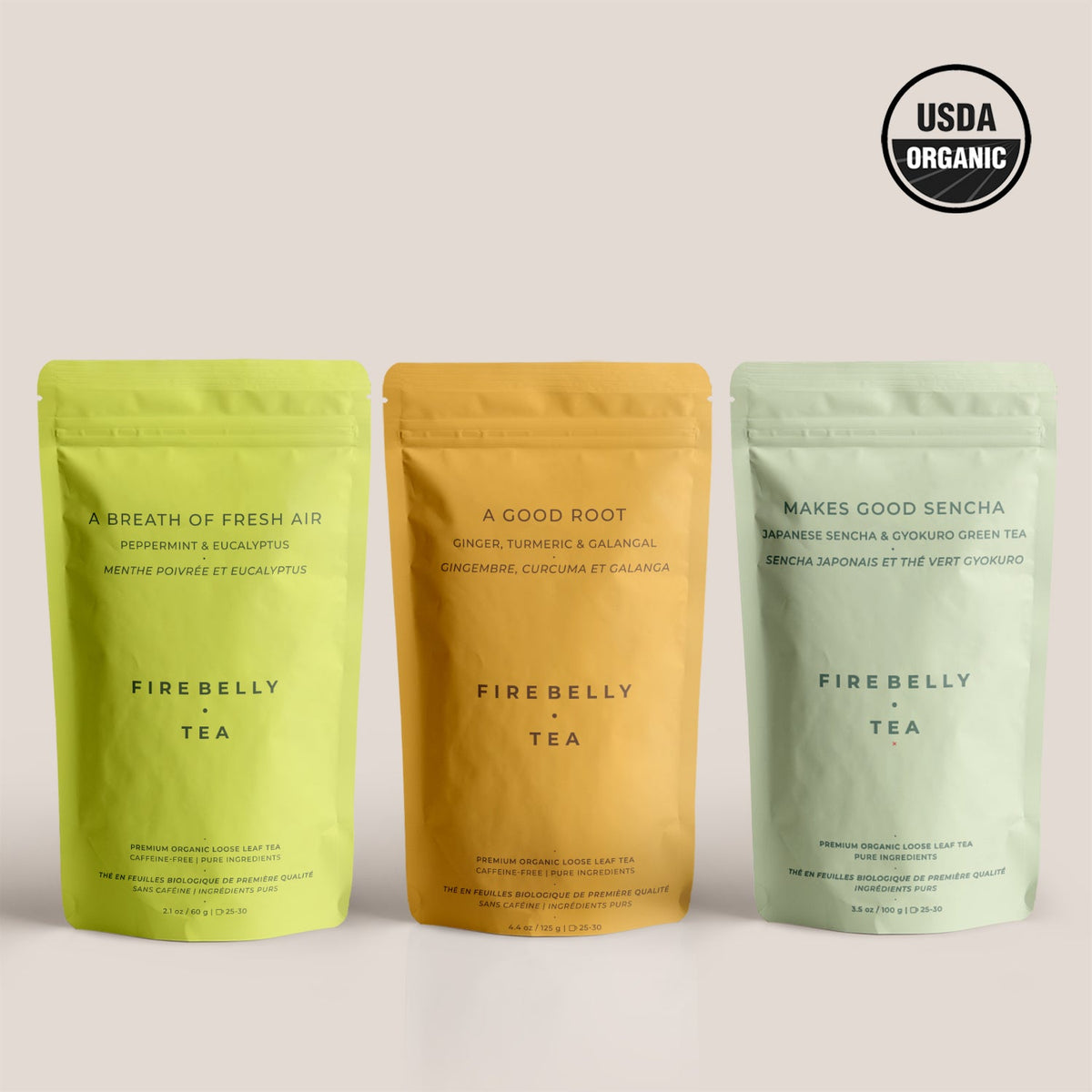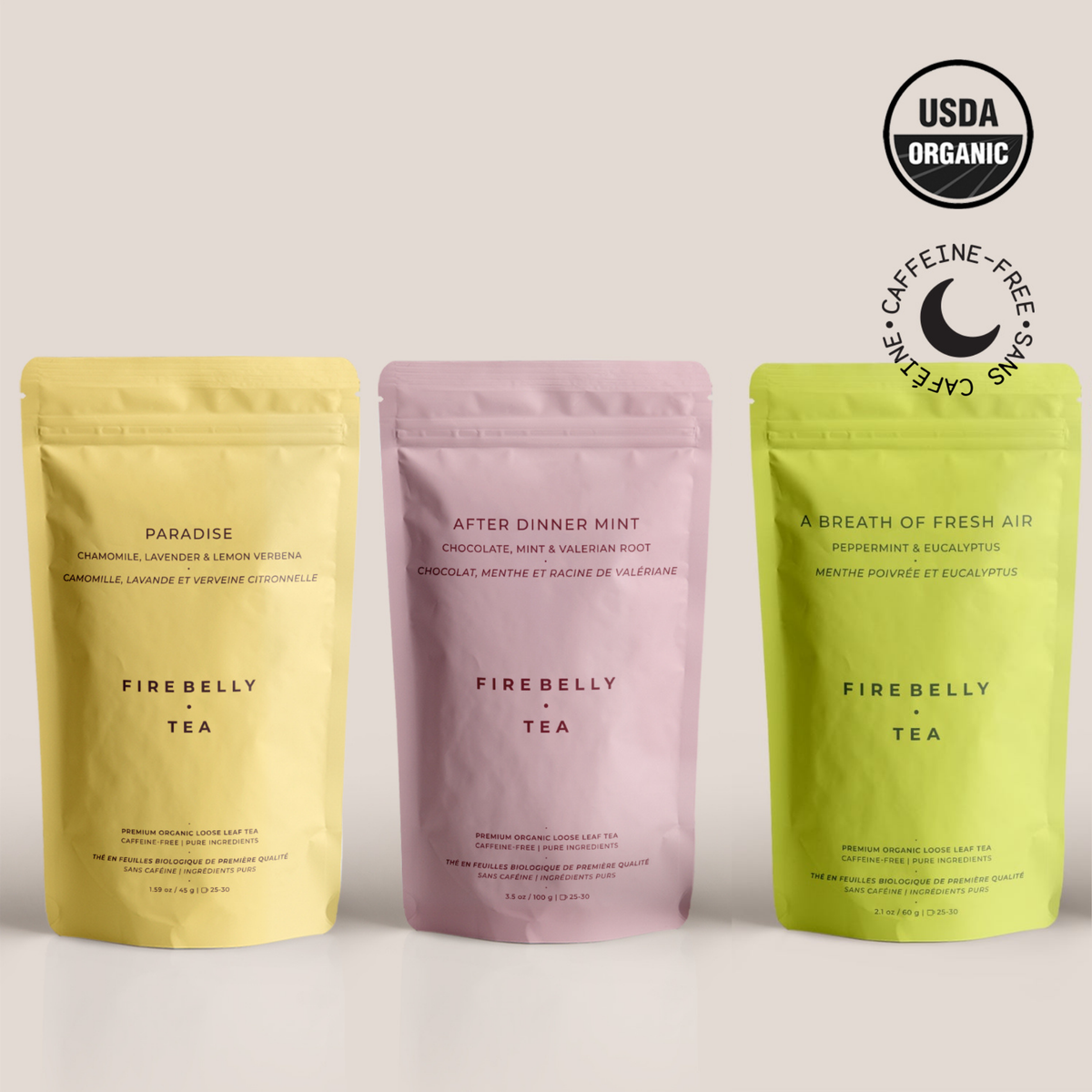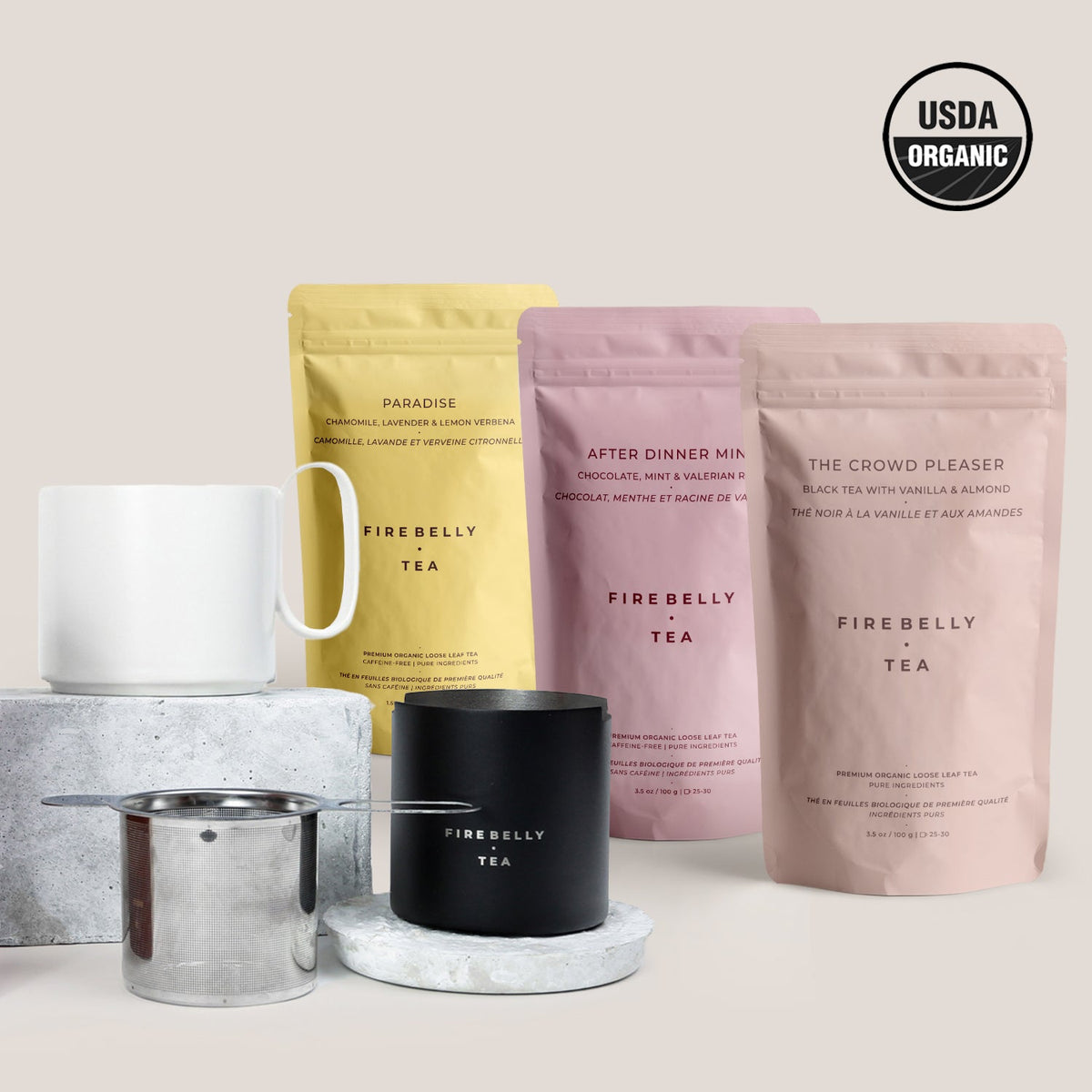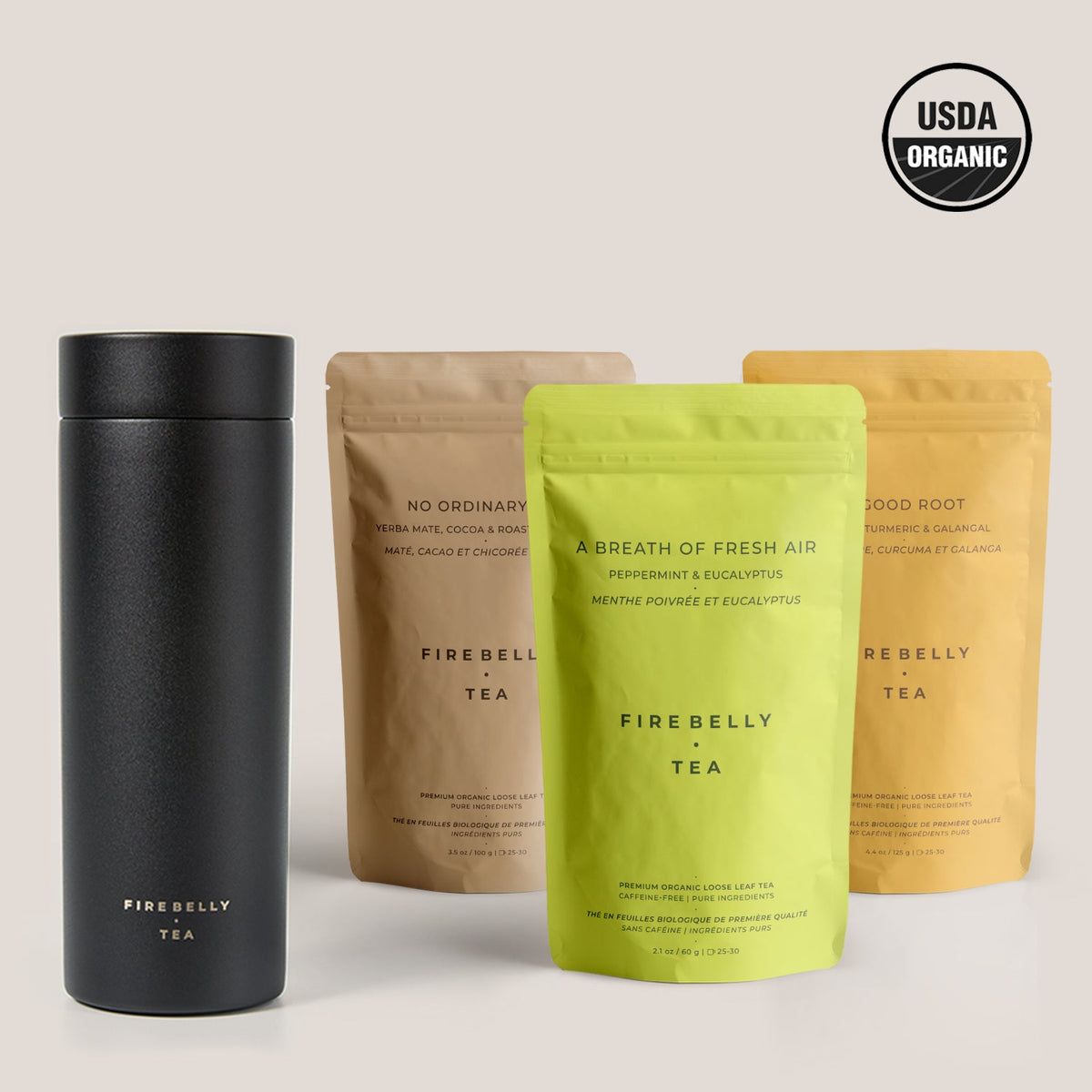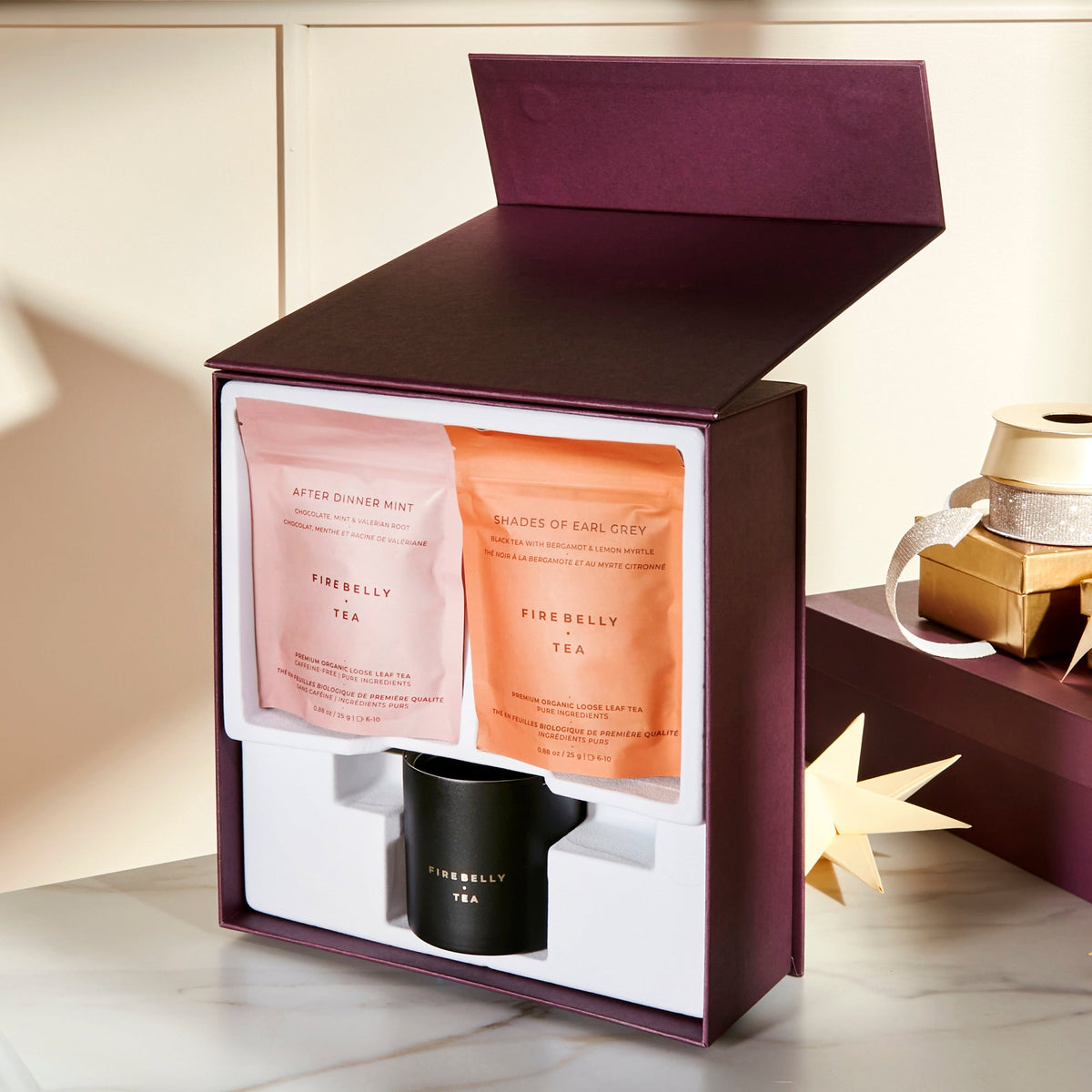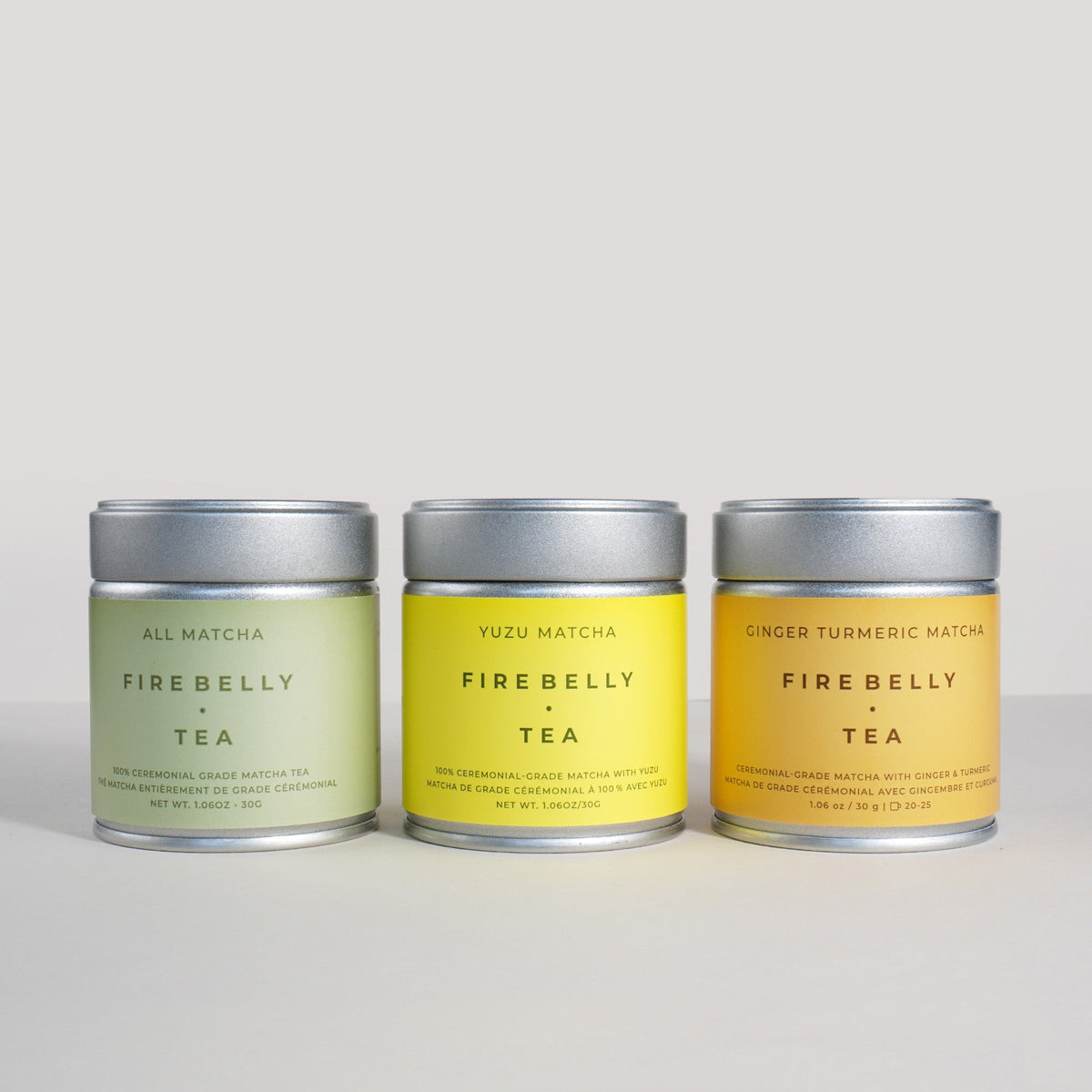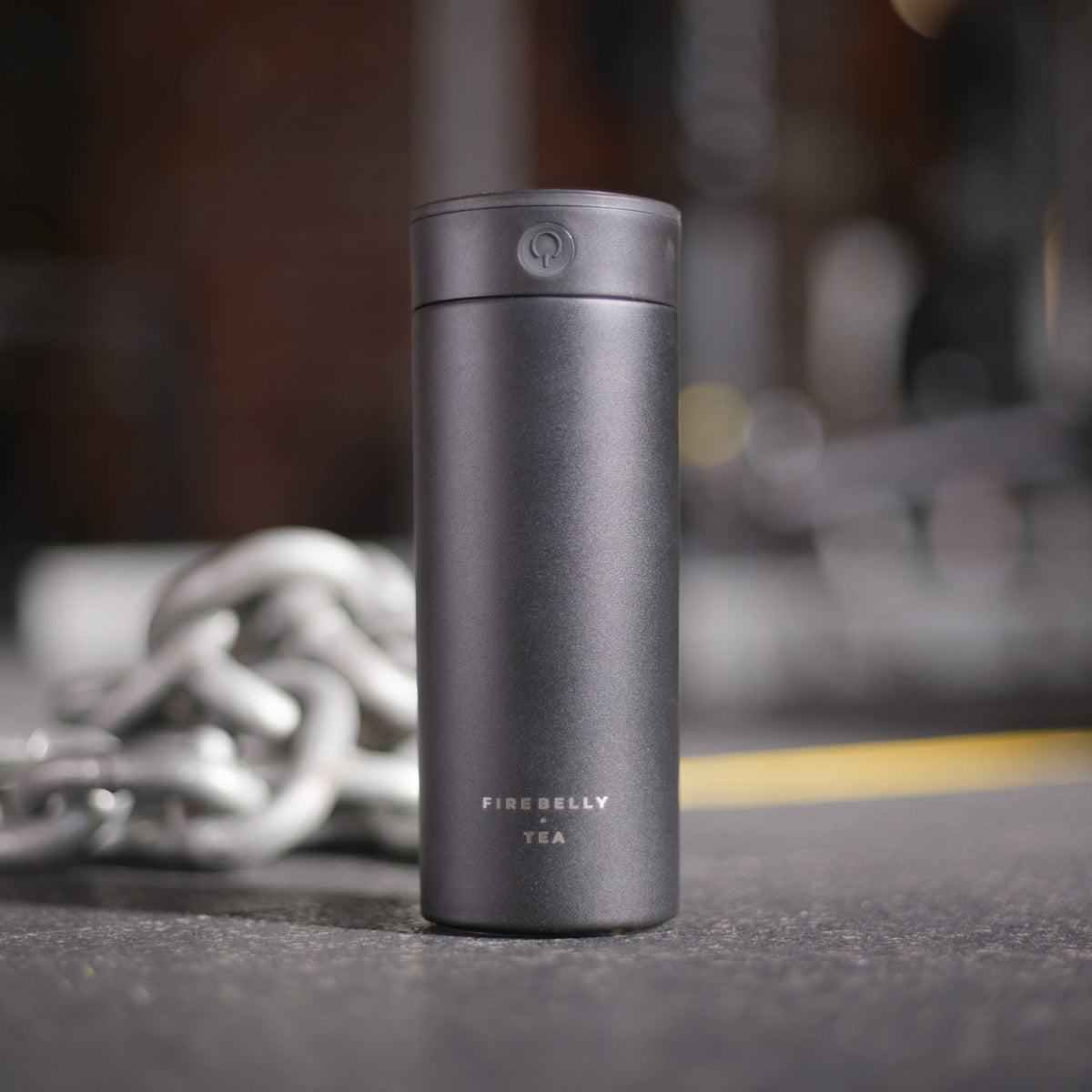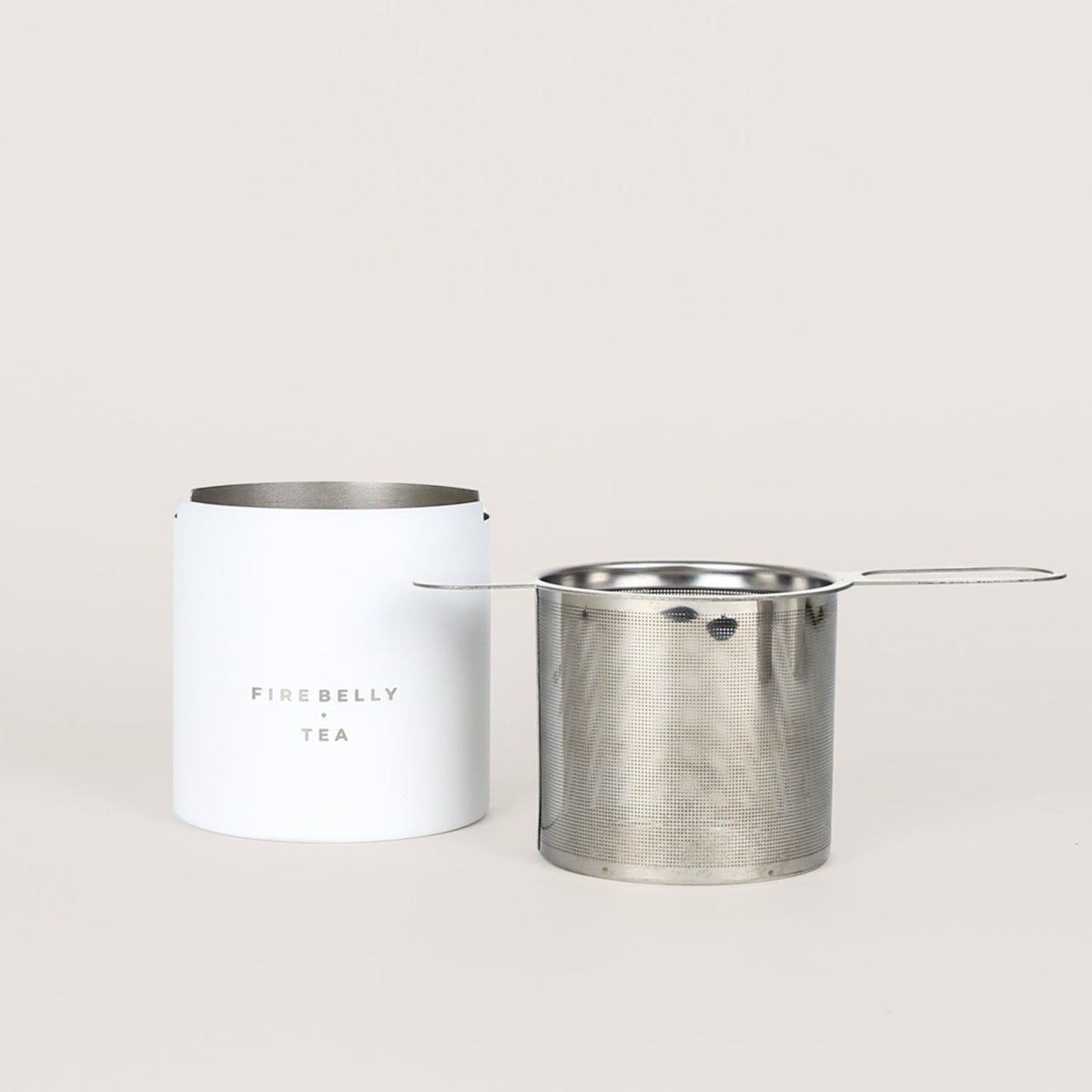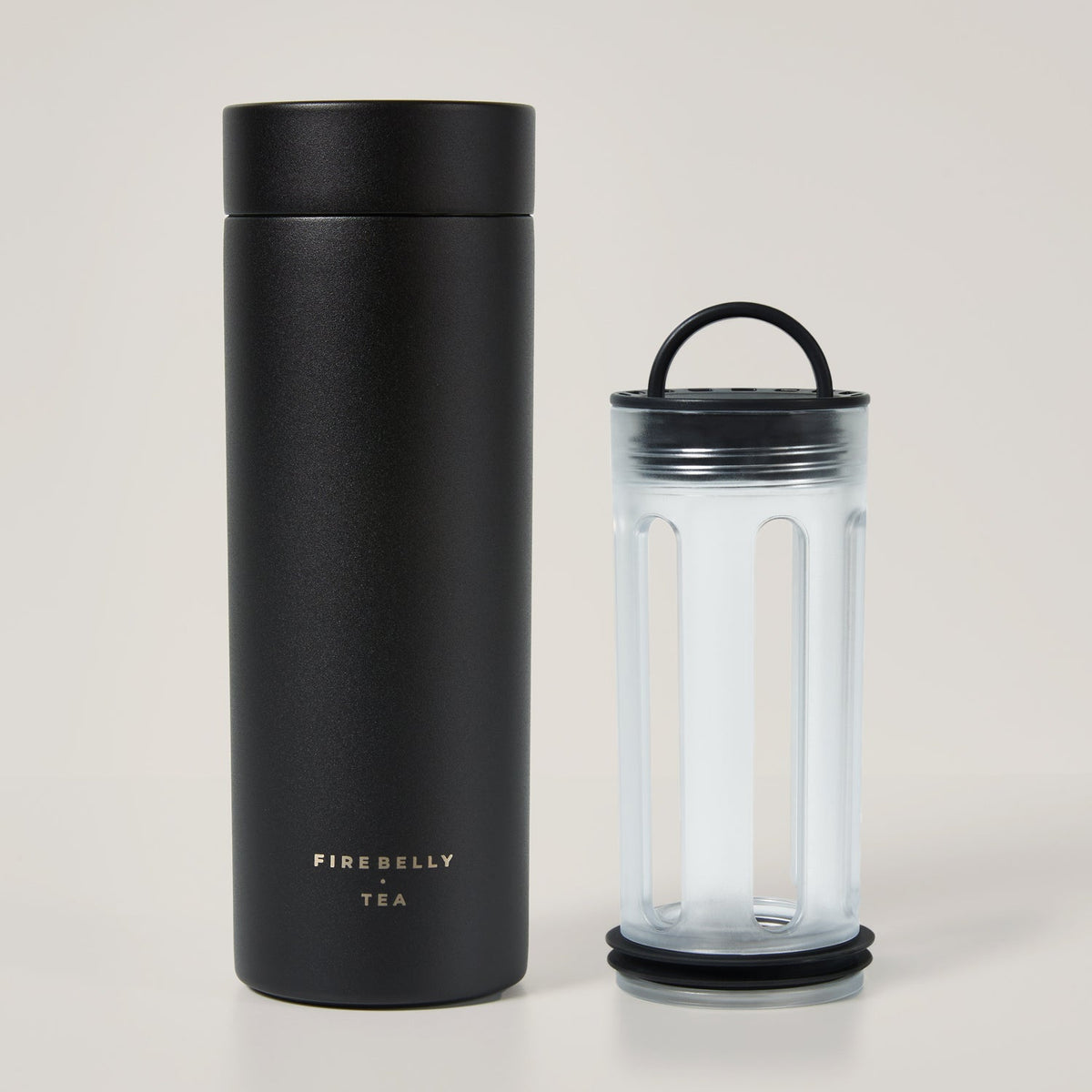Drinking tea is good for you! And it's not just green tea drinkers that can reap the benefits of regular tea consumption. Egyptians, Japanese, and Chinese people have been drinking green tea and other teas for centuries as part of their culture and as medicine.
In this article, we'll explore some fantastic health benefits habitual tea drinkers enjoy that you may not know about. We'll look at the health implications of drinking caffeinated teas and briefly delve into herbal teas - whether they can affect your health negatively and if there's anything you should watch out for.
Let's start with five of the many incredible benefits of tea consumption.
#1. Tea is Good For Oral Health
Green tea is an excellent supplement for healthy teeth and gums; science proves it! If you have green tea daily instead of sugary sodas and other unhealthy drinks, you'll have a reduced risk of dental caries and bad breath. Black tea contains fluoride, so it can help fight bacteria linked with tooth decay, gum disease, and plaque build-up.
Tea leaves from the Camellia Sinensis plant are not the only teas that are good for your mouth; herbal teas are also beneficial. Chamomile tea and lemongrass tea are both excellent beverages for dental health. They have antibacterial properties that help fight oral bacteria. Lemongrass tea can also lower the risk of fungal infections.
Matcha tea contains the highest concentration of antioxidants, making it a powerhouse when it comes to keeping your teeth and gums healthy. So, you should enjoy no less than one cup of tea daily to help you maintain a radiant smile!
#2. It Helps Prevent Certain Chronic Diseases
Most pure teas have anti-inflammatory properties. Since inflammation plays a significant role in heart problems, anti-inflammatory teas like rosehip tea, green tea, turmeric tea, and ginger tea can help protect heart health. High blood pressure can cause damage to your arteries, decreasing oxygen flow to your heart and causing heart disease. This study concluded that drinking pure teas could lower blood pressure, improve arterial health, and reduce the risk of a heart attack.
Green and black teas contain flavonoids that help prevent serious heart disease. These teas can also improve insulin sensitivity, lower cholesterol, and help decrease high blood pressure, which can help prevent blood clots.
This research proves that tea protects heart health, but did you know it also helps with other chronic diseases? Green tea may help reduce the risk of diabetes and cancer. Several studies have shown that antioxidants are invaluable in the fight against cancer. They can lower cancer risk, and antioxidants help improve cancer therapies.
Green and black tea also boosts the immune system so that you will enjoy a lower risk of disease overall.
#3. Tea Can Help With Weight Loss
Tea is a calorie-free drink that can be hydrating while curbing hunger pangs. It's an excellent alternative to sugary sodas. But that's not the only reason it's good to add tea to your daily diet when you want to shed a few pounds.
Studies show that polyphenols in pure tea leaves can help reduce body weight. Green tea, in particular, has shown so much promise with weight loss that companies have begun adding green tea extract to weight loss products to get its benefits in concentrated form. We prefer enjoying it as a delicious hot beverage and have several green tea blends you can try.
#4. It Eases Tummy Trouble
Good digestive health starts with gut health, and that's about more than just getting enough fiber in. If you regularly drink tea, it can help improve gut bacteria, which is excellent for your body. Those polyphenols in teas that help with weight loss can also modify gut bacteria in good ways, leading to numerous health benefits.
Besides improving gut health, green or black tea drinkers will enjoy the benefits of tannins in tea in symptomatic treatments. Tannins are polyphenols that can reduce intestinal inflammation, soothe cramps, and helps treat the symptoms of irritable bowel syndrome. Many herbal teas like ginger, dandelion root, and peppermint tea can help soothe an upset stomach and prevent nausea.
#5. A Cup or Two Can Improve Mood and Energy Levels
Simply brewing a cup of delicious tea can boost your mental health. It's an ancient ritual that can slow you down and help you to practice mindfulness. We've recently written this blog about some of our favorite herbal teas that can help you relax.
There's at least one type of tea for every need. A soothing cup of valerian root tea can help you get a good night's rest, while others, like oolong teas and black and green teas, can give you a healthy energy boost. Ginger tea will boost your mood and give you extra energy - perfect for the three 'o clock slump! Lavender is so potent that even inhaling its delicate scent can help reduce blood pressure. Drinking a cup of lavender tea will give you an experience in aroma and flavor that will calm you right down.
The magic of L-theanine
Green tea, black tea, and other teas from the same plant contain the amino acid L-theanine, which is excellent for treating stress-related symptoms and improving sleep quality. This study found that researchers helped reduce depression symptoms by 63% for every 3 cups of green tea consumed daily. Studies have also linked L-theanine with improved cognitive function, so it can help you concentrate better.
What About the Caffeine Content in Oolong Tea and Green Tea?
Oolong tea and green tea are not the only teas that contain caffeine. All teas produced from the Camellia Sinensis plant contain caffeine. It includes green tea, black tea, white tea, oolong tea, pu-erh tea, and purple tea. Mate is also high in caffeine, even though it does not come from the same plant. Instead, it is from the yerba mate tea plant.
Of course, herbal teas like peppermint tea, ginger tea, and rooibos don't contain caffeine unless they're featured in flavored teas that combine black or green tea with herbs for flavor. This is not to say that tea lovers should avoid caffeinated teas. Although caffeine gets a bad rap, it has health benefits as long as you enjoy it in moderation.
What to watch out for:
Caffeine is a stimulant, so it can give you a quick energy boost and help you to be more alert. However, too much caffeine can make you anxious and jittery. It's essential to watch your tea consumption if you like caffeinated teas and find a good balance. Here are some factors to consider:
-
Too much caffeine too late in the day can cause insomnia.
-
Black tea has the most caffeine content - it's around a third to half as much as coffee.
-
Regular green tea and white tea contain less caffeine than black tea.
-
Different people have different tolerance levels. Find out what's good for you.
If you are sensitive to caffeine, it's best to avoid black teas, green teas, and other teas that contain caffeine. Herbal tea and rooibos tea are better options! Their delicate flavor and incredible health benefits will bring you back for more.
Can Drinking Herbal Teas be Unhealthy?
Whether one cup or several a day, when you're drinking tea regularly, it's essential to know whether there are any adverse effects on your health. Sadly, there are some myths about drinking tea and how it could interact with your body.
There is a belief that drinking a lot of tea can lead to kidney stones. The theory is based on oxalates in the tea, which can bind to calcium and cause kidney stones. This is only the case for pure teas that are produced from the Camellia Sinensis plant, including green tea, black tea, white tea, oolong tea, and pu-erh tea. It's also only likely to cause problems with extremely high consumption levels.
It's also important to note that studies like this have shown that green teas may help prevent kidney stones from forming. Talk to your doctor if you drink a lot of tea and are concerned about any of this or if you have kidney problems. They will let you know how much is safe to consume.
Another consideration is that some herbs may interact with medications you may be taking. It's also wise to avoid trendy bubble teas and fancy tea lattes loaded with sugar and detox teas containing laxatives or diuretics. Tea is tasty without any extras and can help with weight loss without unhealthy additives!
But is it Safe?
Yes, it is! Overall, drinking at least three to four cups of the most popular herbal teas should be safe every day as part of a healthy lifestyle. As always, it's best to stick with premium-quality brands that only use top ingredients. If you are on chronic medication, it's always best to check with your doctor if there is a particular type of herbal tea you should avoid. As always, it's best to enjoy a cup of delicious, premium-quality, loose-leaf tea.
Tea: Delicious and Healthy!
The incredible health benefits of tea go far beyond simply being a comforting drink that's good for your mental health. Drinking more tea could help you avoid chronic diseases, improve and protect heart health, and even help you lose weight! Whether you drink green teas and other pure teas from the Camellia Sinensis plant or prefer the fruity, floral flavors of herbal teas, all tea has health benefits.
You may prefer having a couple of cups of green tea every day to help improve heart health or using ginger or peppermint tea to ease an upset stomach. You may enjoy a soothing cup of chamomile tea before bedtime for a restful sleep or the ritual and healthy boost of brewing a pot of oolong tea. Whatever tea you choose, the health benefits of tea drinking are many, and there's at least one flavor for everyone! Tea drinkers can enjoy their favorite herbal tea or leaf tea varieties; they're all good for you.
If you enjoy the excellent flavor and premium quality of loose-leaf tea, packed with potential health benefits, try one (or more!) of the Firebelly Tea variety packs. It will help you find all your favorites.
